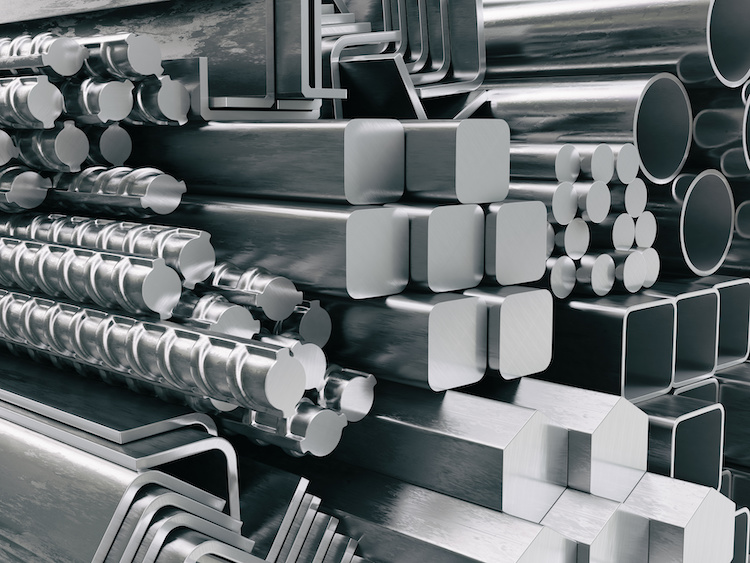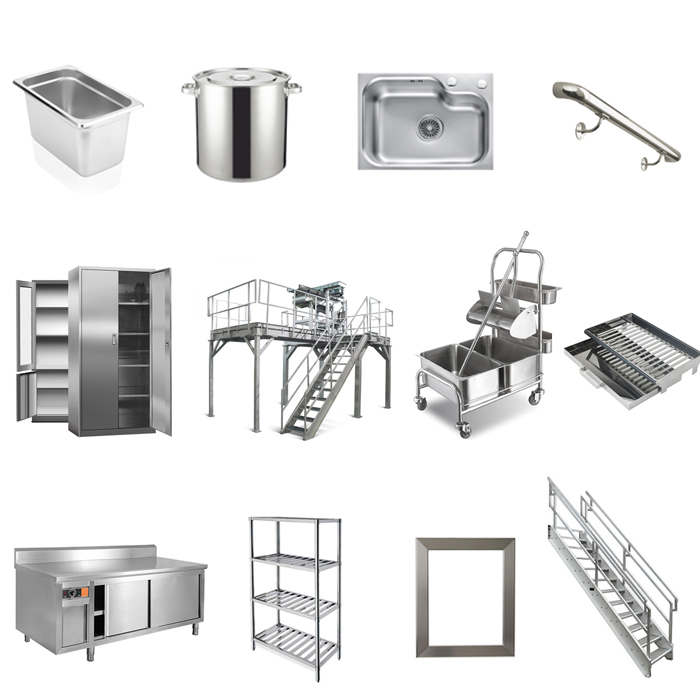Alpha Reo: Leading the Way in Reinforced Steel Solutions
Alpha Reo: Leading the Way in Reinforced Steel Solutions
Blog Article
The Ultimate Handbook on Customized Steel Construction Solutions for Structural Projects
In the world of architectural projects, the importance of custom steel construction options can not be overstated. From the foundational understanding of steel fabrication essentials to the elaborate process of selecting the most appropriate products, every action in this journey plays an essential duty in the utmost success of a project.
Understanding Custom Steel Construction Fundamentals
Exploring the principles of customized steel manufacture gives insight right into the detailed process of transforming raw steel right into tailored architectural elements. Personalized steel manufacture is a customized production method that involves cutting, shaping, and constructing steel materials to create special structures according to specific project needs. Comprehending the fundamentals of customized steel fabrication is critical for making certain the effective implementation of structural projects.
The process generally begins with the evaluation of job specs and style demands. This initial stage includes comprehensive preparation and cooperation in between developers, engineers, and producers to figure out the most appropriate approach for making the steel components. Accuracy is crucial during the manufacture process, as also minor variances can affect the structural integrity of the end product.
Different techniques, such as reducing, welding, and shaping, are used to change raw steel into the desired structural aspects. Experienced producers make use of innovative machinery and tools to make certain precision and consistency throughout the manufacture procedure. Quality control measures are applied to confirm the stability of the made components before they are set up on-site, making certain compliance with sector requirements and job specs.
Choosing the Right Steel Products

Primarily, the type of architectural task and its specific requirements play a vital duty in determining the most appropriate steel products. Factors such as the load-bearing capacity, environmental conditions, and preferred life-span of the framework will certainly dictate the quality and kind of steel that should be made use of.
Additionally, the physical homes of the steel, consisting of ductility, toughness, and weldability, must align with the project's needs to guarantee optimal performance and resilience (Alpha reo). Furthermore, considerations such as rust resistance, cost-effectiveness, and availability of the steel materials need to also be taken right into account during the choice procedure
Design Factors To Consider for Architectural Jobs
Architectural jobs demand precise interest to create considerations to guarantee both capability and safety are focused on throughout the construction process. When it comes to making structural jobs, numerous key aspects have to be taken Alpha reo into account to ensure the success of the undertaking. By carefully taking into consideration these aspects during the layout stage, architects and engineers can make sure the architectural project's success from conception to completion.
Improving Fabrication Procedures for Performance

In addition, carrying out lean production principles can considerably improve effectiveness in steel manufacture. By reducing waste, maximizing workflow, and boosting communication between various teams included in the manufacture process, jobs can be finished much more quickly and with better criteria.
Moreover, establishing a well-organized manufacturing routine and workflow can aid in focusing on tasks, assigning sources efficiently, and meeting task target dates quickly. By having a clear strategy in area and consistently keeping an eye on development, any kind of potential bottlenecks or delays can be determined and dealt with immediately, guaranteeing smooth and reliable fabrication procedures for structural jobs.
Quality Assurance and Task Monitoring in Steel Fabrication
To ensure the successful execution of steel fabrication jobs, careful high quality control actions and efficient job administration methods are essential elements in maintaining accuracy and conference client assumptions. Quality control in steel fabrication involves rigorous inspections at various stages of the manufacture procedure to validate conformity with job specs and market requirements. This includes material screening, dimensional checks, and weld assessments to make certain structural integrity and safety and security.
Task administration plays a vital function in coordinating the numerous elements of steel manufacture projects, such as organizing, resource allocation, and interaction amongst staff member. A distinct project plan with clear purposes, turning points, and timelines helps to check development and address any kind of potential concerns proactively. Reliable communication in between all stakeholders, including customers, producers, engineers, and professionals, is important for making certain that the job advances efficiently and fulfills the desired high quality criteria.
Final Thought
To conclude, custom-made steel manufacture plays an important duty in architectural projects by providing customized options making use of the best materials and layout factors to consider. Performance in fabrication processes, quality assurance, and reliable task monitoring are necessary for successful outcomes. By comprehending the fundamentals of custom-made steel manufacture and applying structured procedures, task groups can supply sturdy and top notch structures that fulfill the particular demands of their customers.
Custom steel manufacture is a specialized production method that involves cutting, shaping, and putting together steel products to develop special frameworks according to specific project needs.To ensure the effective execution of steel construction projects, precise top quality control procedures and efficient job management practices are important elements in keeping accuracy and conference customer assumptions. Quality control in steel fabrication involves rigorous evaluations at numerous stages of the fabrication procedure to validate conformity with job requirements and sector requirements (steel fixing).Task administration plays a vital function in collaborating the different aspects of steel fabrication tasks, such as organizing, source allotment, and communication amongst group members.In conclusion, custom steel manufacture plays a critical duty in structural projects by providing customized services using the right products and layout considerations
Report this page